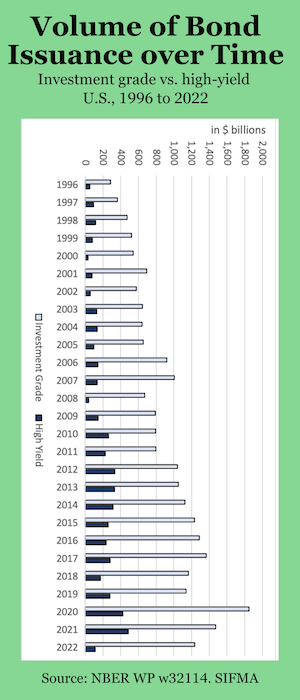About 10,000 financial professionals have enrolled in The American College’s Retirement Income Certified Professional designation program, and about 2,000 have graduated. As a supplement to today’s lead article about the program, we also include the following comments from graduates of the program.
David Smiley, Oxford Asset Management, Durango, Colorado
“I signed up for the classes at the end of 2012 with the thought that the curriculum would supplement what I learned in the CFP curriculum,” said David Smiley, an advisor in Durango, Colorado (right). “I wanted to focus my practice on helping folks with retirement planning, especially those who are five to ten years away from retirement, when you might still make a difference in their readiness. Also, I wanted to help guide people with all of the issues they face during retirement, like Social Security, healthcare/Medicare, aging, long-term care, and not outliving their money.
“There is no textbook, just PDF files of the course material for each of the modules. All the materials are up-to-date (and I assume they will continue to be updated). There are three modules and you go through each one, take a test and then start the next one. It took me all of 2013 to get through the online classes, including studying and taking tests.
“You can do it much more quickly if you have more time to devote to it. I was working full-time and my parents had some issues, so it took me longer to complete. I thought most of the online videos were excellent and up-to-date. The material was really well laid out and had excellent coverage of Social Security, Medicare and healthcare. It was all very thorough, with a lot of good speakers in addition to the thought-leaders at The American College.”
Troy Miller, Hilliard Lyons, Louisville, Kentucky
 One RICP graduate suggested that the program hasn’t reached its full potential. “The key challenge for advisors is, for instance, ‘What do I do when I have client X and he is x age and has x amount of money?’” said Troy Miller, vice president and manager of retirement products at Hilliard Lyons in Louisville (left). “Do I use an annuity or not? If so, which kind and how much of the portfolio do I put in it? Which type of LTC is best for this situation but not in that situation? Which portfolio withdrawal strategy makes the most sense?
One RICP graduate suggested that the program hasn’t reached its full potential. “The key challenge for advisors is, for instance, ‘What do I do when I have client X and he is x age and has x amount of money?’” said Troy Miller, vice president and manager of retirement products at Hilliard Lyons in Louisville (left). “Do I use an annuity or not? If so, which kind and how much of the portfolio do I put in it? Which type of LTC is best for this situation but not in that situation? Which portfolio withdrawal strategy makes the most sense?
“This is the hard part. I know there’s no silver bullet, but the program would ideally tell use how to combine all the choices and options into a particular retirement income plan for a particular client. Hypothetical situations and case studies would be very useful. We are all are trying to get our arms around this part of it. I’m not sure they could have done it at this time.”
Curtis Cloke, Thrive Income, Burlington Iowa
“There are two programs I respect. One is the RICP and the other is the RMA with RIIA. They are equally good programs,” said Curtis Cloke, who is one of the program’s video presenters (right).
“The RICP combines the video with the academic syllabus, which makes it a bit easier for the average brokerage advisor to understand and complete. The American College also has good exposure to the CLU. Their program includes lecturers from all over the industry and who represent many different angles.”
© 2016 RIJ Publishing LLC. All rights reserved.


